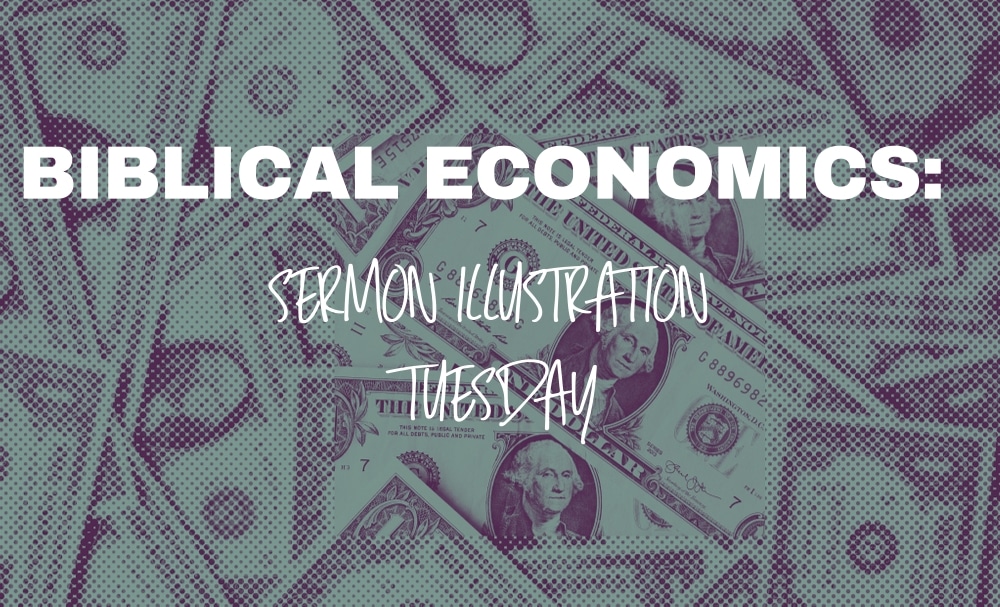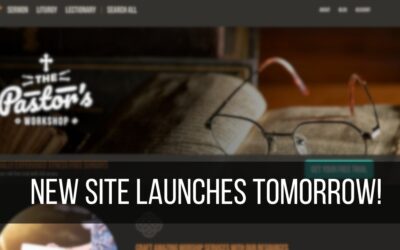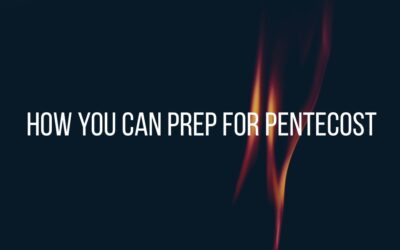In his extremely helpful book, The Economics of Neighborly Love, Tom Nelson argues that the church has an important part to play in helping Christians understand the value and place of economics in our everyday lives. In this illustration, he points out how some churches, like Chicago’s Living Hope Church are actually providing economic hope as well as the hope of the gospel:
Economists remind us the work we do matters much more than we often realize. Scripture also informs us that our productivity or lack thereof matters to God, to us, and to our neighbors. Recognizing the importance of fruitful productivity, Living Hope Church in Chicago is committed to creating opportunities for community members to increase their vocational fruitfulness. Located in Chicago’s South Side, Living Hope is pastored by Brad Beier.
The church serves a community with an unemployment rate of 23 percent. Recognizing an opportunity to care well for their neighbors, Living Hope has sought ways to provide meaningful work to those surrounding the church. Pastor Beier has also articulated a philosophy of benevolence that insists neighbors who want money or help should be given work to do by the church.
In addition, Living Hope has started a nonprofit economic development ministry called Hope Works. Hope Works focuses specifically on economic empowerment and job creation. The organization provides on-ramps for participants to engage in church ministry, relationship building, and discipleship. Lives are being transformed, families are being put back together, and the dignity of doing good work is once again being validated in a community where joblessness and crime has been the norm. Living Hope is increasingly seen in the community as a place where people find spiritual hope as well as economic vitality.
Living Hope is doing important work that affirms the goodness of productivity and empowers others to lead fruitful lives. As God’s image bearers we were created to be fruitful. We are not to worship our work, but our work is a vital aspect of our worship. Our hands and bodies were designed to work and to pray in a seamless life of God-focused and God-directed worship. We were made to add value to the world in and through our work, and to love our neighbor in and through our fruitfulness.
Don’t Miss
The Latest From Our Blog
Check out articles, featured illustrations, and book reviews on all different topics related to ministry.
New Site Launches Tomorrow!
Watch this Space! Tomorrow (May 29) is the official launch of the new The Pastor's Workshop site! Return to this blog tomorrow morning for a post highlighting the new features and explaining how subscribers can get on and start using the site! Here are some new...
How You Can Prep for Pentecost
This was originally posted on May 12, 2016 on https://huffpost.com Pentecost Came Like Wildfire I'm lying on an ice pack early this morning, doing my back exercises and listening to Pray as You Go, a tool for meditation, with monastery bells, music, and a Bible...
Sacred Spaces: the Church Forests of Ethiopia
Let's Go to Ethiopia! Here’s a fun exercise with a spiritual payoff. Go to Google Maps and view aerial images of the South Gondar zone of Ethiopia. Use this button:When the page loads, you'll see a light brown countryside, mostly farmland. There are thin lines of dark...




